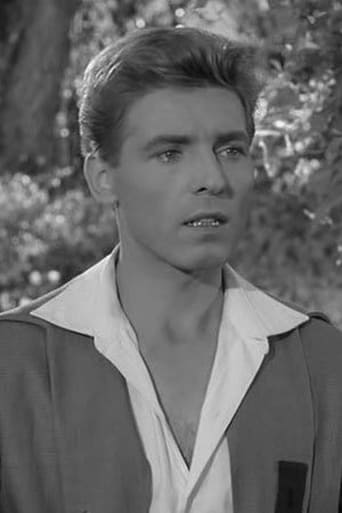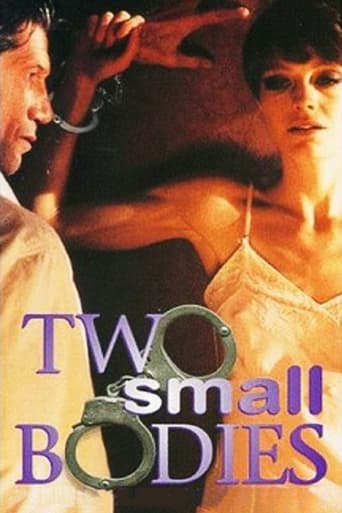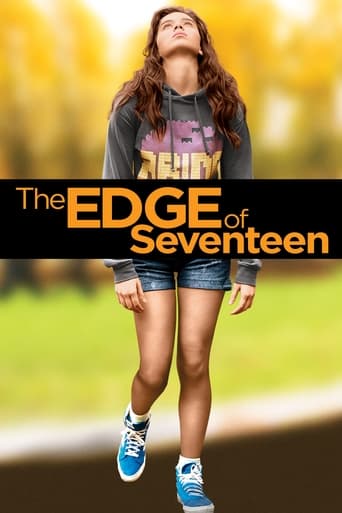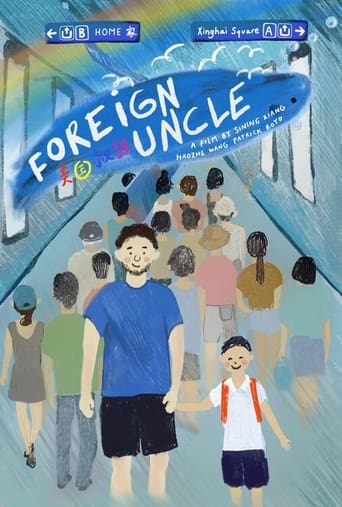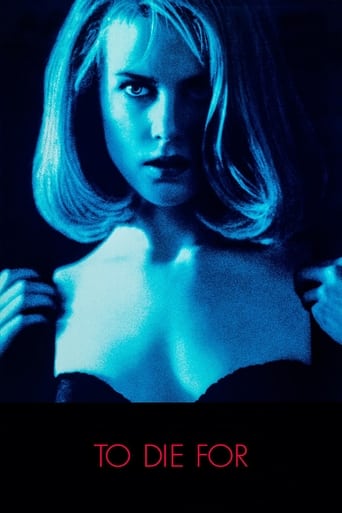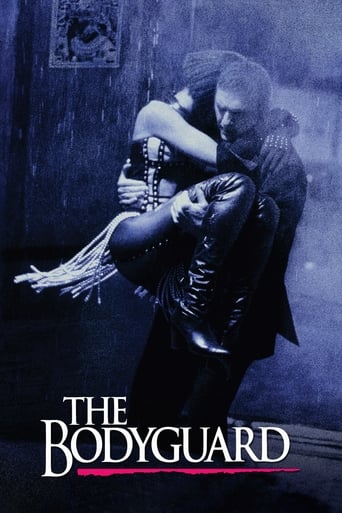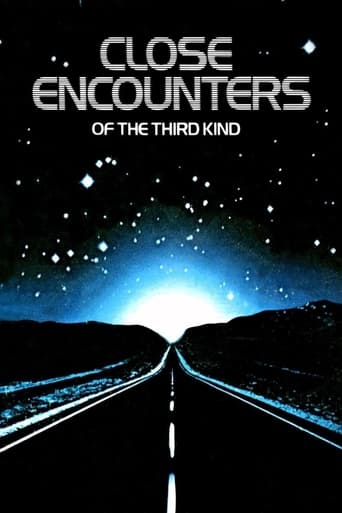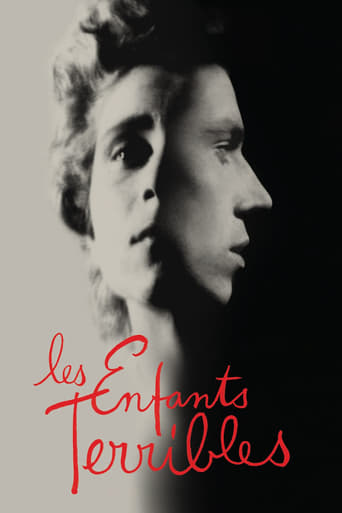
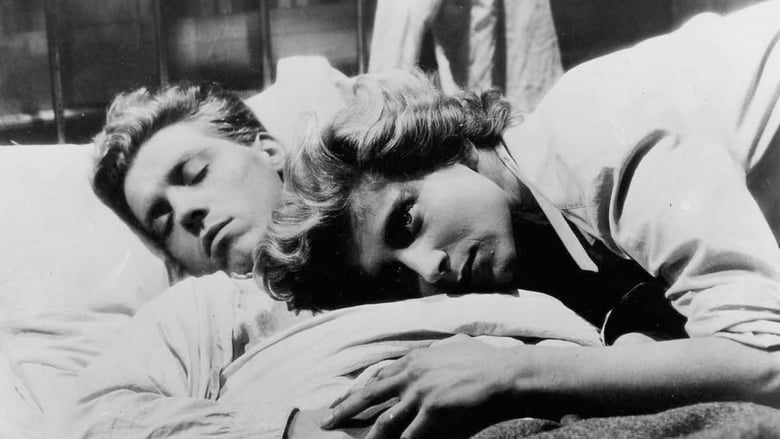
Les Enfants Terribles (1950)
Elisabeth and her brother Paul live isolated from much of the world after Paul is injured in a snowball fight. As a coping mechanism, the two conjure up a hermetic dream of their own making. Their relationship, however, isn't exactly wholesome. Jealousy and a malevolent undercurrent intrude on their fantasy when Elisabeth invites the strange Agathe to stay with them -- and Paul is immediately attracted to her.
Watch Trailer
Cast


Similar titles
Reviews
Technically a cinematic masterpiece with some excellent acting, particularly on the part of Nicole Séphane, but this Greek drama of a family and some young people living together with relationship complications doesn't give an altogether good taste in your mouth. Why are people usually so mean and cruel in French films? There is very little humanity here, love is not sincere, Elisabeth is callous and cruel and actually evil in her possessiveness, it's like one of the worst novels of Balzac (of whom Charlotte Brontë complained that he always gave her such a bad taste in her mouth), and this lack of humanity gives this masterpiece an ugly touch of almost inhumanity. Its brilliance fades into the shadows of the meaninglessness of its cruelty and pettiness, they don't do much else than quarrel and fight throughout the movie, and it all seems so pointless. Did Jean Cocteau have any meaning with writing this play except to produce a technically perfect analysis of how young people perish in the destructiveness of their relationships? The language, the photo, the acting, the music, everything is perfect but is consumed by its own pettiness in a dwindling spiral of human claustrophobia.
French actor, producer, screenwriter and director Jean-Pierre Melville's second feature film which he produced and co-wrote with Jean Cocteau, is an adaptation of a novel from 1929 by French poet, author, playwright and filmmaker Jean Cocteau (1889-1963) who was recovering from an opium addiction while he wrote the novel. It tells the story about the young siblings Paul and Elisabeth who lives with their bed-ridden mother whom is taken care of by her daughter. Paul and Elisabeth has isolated themselves from the world and in their shared room they have created their own private universe. After being hit by a snowball at school by his friend Dargelos whom he admires, Paul becomes ill and is nursed by Elisabeth. During the time when Elisabeth takes care of her brother, they evolve an incestuous relationship and creates an emotionally afflicting game. Paul and Elisabeth joyfully keeps on playing their inside games even after their mother passes away and doesn't conceive much of what is going on in the outside world, but their closed imaginary world is shattered when visitors from the real world begins to show up. This distinctly directed French production which was shot on various locations in Paris, France draws a vivid and detailed portrayal of a strangely erotic and tormenting relationship between a brother and a sister who in their secluded world invents a seemingly childish though unrelenting and unrestrained game where the aim is to inflict as much emotional harm on one another as possible. Independent filmmaker Jean-Pierre Melville's character-driven, dialog-driven and continually and increasingly intriguing chamber-piece about the abnormal intimacy and the forbidden attraction within a brother-sister relationship where the insinuations of incest are prominent, incisively depicts two intertwining studies of character. Visually, this lyrical coming-of-age tale is marked by it's dreamlike production design by Jean Pierre-Melville (1917-1973) and Emile Mathys, black-and-white cinematography by cinematographer Henri Decaë (1915-1987) and milieu depictions. Intimately narrated by Jean Cocteau and finely paced, this dark mystery of merging personalities is charged by it's quick-witted dialog and the poignant atmosphere which is increased by the music from Johann Sebastian Bach (1685-1750) and Antonio Vivaldi (1678-1741). This invariably moving psychological drama is reinforced by it's stringent narrative structure and the unflinching and empathic acting performance by French actress Nicole Stéphane (1923-2007) and the understated acting performance by Italian actor Edouard Dermithe (1925-1995). A bleak and maliciously humorous character drama which gained a nomination for Best Foreign Actress Nicole Stéphane at the sixth BAFTA Awards in 1952.
It took time to build, but when things got really rolling, I felt things could not happen otherwise. The settings and actresses are truly fine. The musical score, simple and obsessive, is perfect for this almost naive plot of youth angst "avant la lettre". The final monologue of Elizabeth about "how we have to make our lives ugly, unlivable" is worth many bad French Literature we "ought to read".While I cannot say it has any meaning, the "form" of this movie is so good one just forgets. I agree with Amazon's Tom Keogh that it may be "a harbinger of pop narcissism", I thought exactly the same. Some images are beautiful, like Liz moving in the garden with barren trees and a cloudy sky, prodding elegantly in a house that doesn't belong to her. Doug Anderson on Amazon wrote a good summary and a great line: "the unwholesomeness of the bond is immediately apparent" "little blonde fascist versions of Elizabeth Taylor and Richard Burton-". The thread he and another reviewer have is interesting. I pinch from there my end line: "In film the "how" is everything".
I saw this twice in a single day. And couldn't stop watching this after. Each time I start watching a Hollywood movie I can't help but surrender back to this surrealist nutjob where nothing is really definable.Much of the literature I've read on this focus on the unlikely collaboration between Jean Cocteau and Jean-Pierre Melville, with most putting it in context of Cocteau's other films. But I've always thought that Cocteau's Orphée, made during the same period, feels static and leaden amidst the classical style of its 50's direction. Les Enfants Terribles, while retaining a very classical premise, is completely revolutionary, resembling the unruly romanticism of Rimbaud's poetry. Nothing in the film stays the same - everything is constantly shifting; dyamics are constantly changing; even the sets change in subtle ways. Everything is made purposefully ambiguous and ambivalent such that paradoxes and contradictions abound in a single emotion. But ultimately, as all great Melvillian films are, the film is about the futility of humanity in the face of life and death.I could go on and on about this movie; Melville is truly one of the great poets of cinema.



